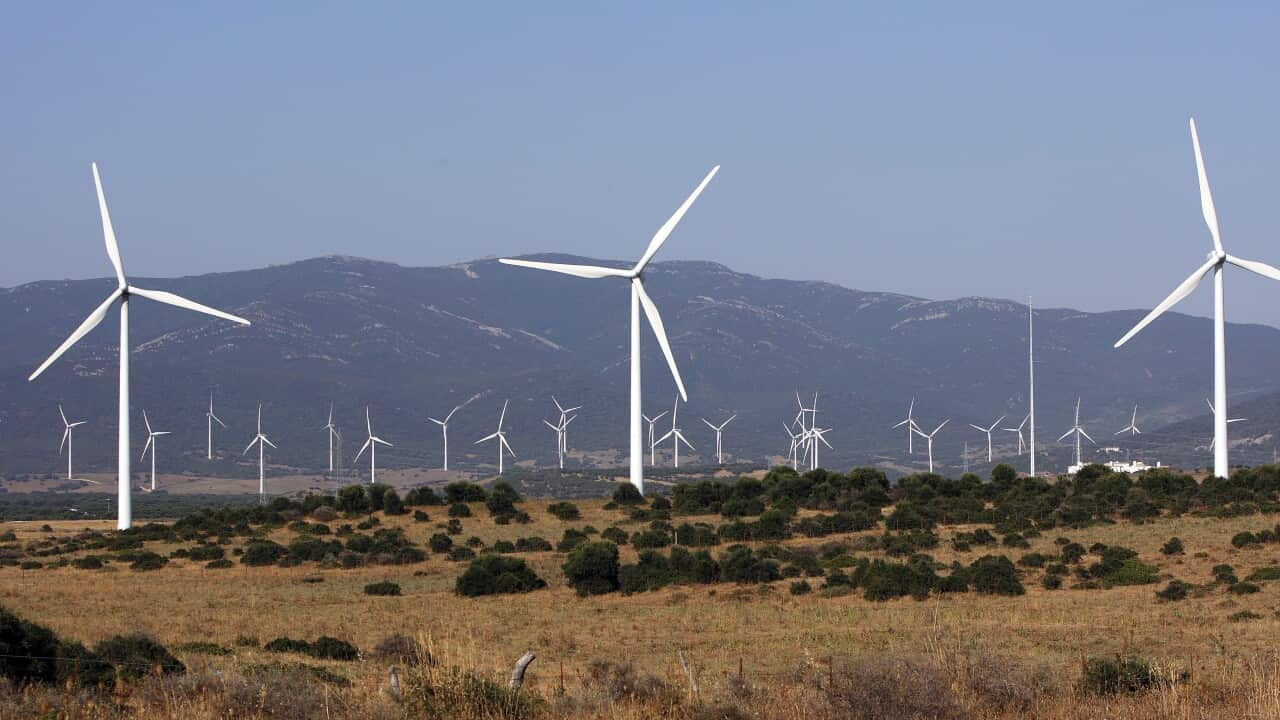Renewable energy will overtake coal as the major source of power by the early 2030s, but coal will remain a major part of the energy mix, the World Energy Outlook 2015 says.
The major report from the International Energy Agency (IEA) makes several predictions about the future of electricity demand throughout the world.
Coal use will account for 30 per cent of total electricity generation by 2040, behind renewables as the largest source of power.
The report says China is not going to require as much coal as it has previously.
"China is set to introduce an emissions trading scheme in 2017 covering the power sector and heavy industry, helping to curb the appetite for coal," the report says.
"China is becoming the wild card of coal markets."
Yet, the demand for coal will be buoyed by Southeast Asia and India.
"The expansion of coal supply makes India the second-largest coal producer in the world, but also, already by 2020, the world’s largest coal importer, overtaking Japan, the EU and China," the report says.
The report said the world’s demand for energy would grow by a third by 2040, including a growth of more than 70 per cent for electricity and lower growth for other types of energy.
Paris climate talks this December
The IEA says the COP21 talks in Paris will be crucial to address climate change, as the 150 countries attending represent 90 per cent of all energy-related greenhouse gas emissions.
A goal at the conference will be to keep global warming below 2°C over pre-Industrial Revolution levels, which is widely believed to be the threshold to avoid catastrophic effects of climate change.
The IEA report said despite the change to renewables was taking place, it was not fast enough.
"The net result is that energy policies, as formulated today, lead to a slower increase in energy-related CO2 emissions, but not the full de-coupling from economic growth and the absolute decline in emissions necessary to meet the 2°C target," the report said.
Australia has already submitted its targets, with some saying the targets are not strong enough.

